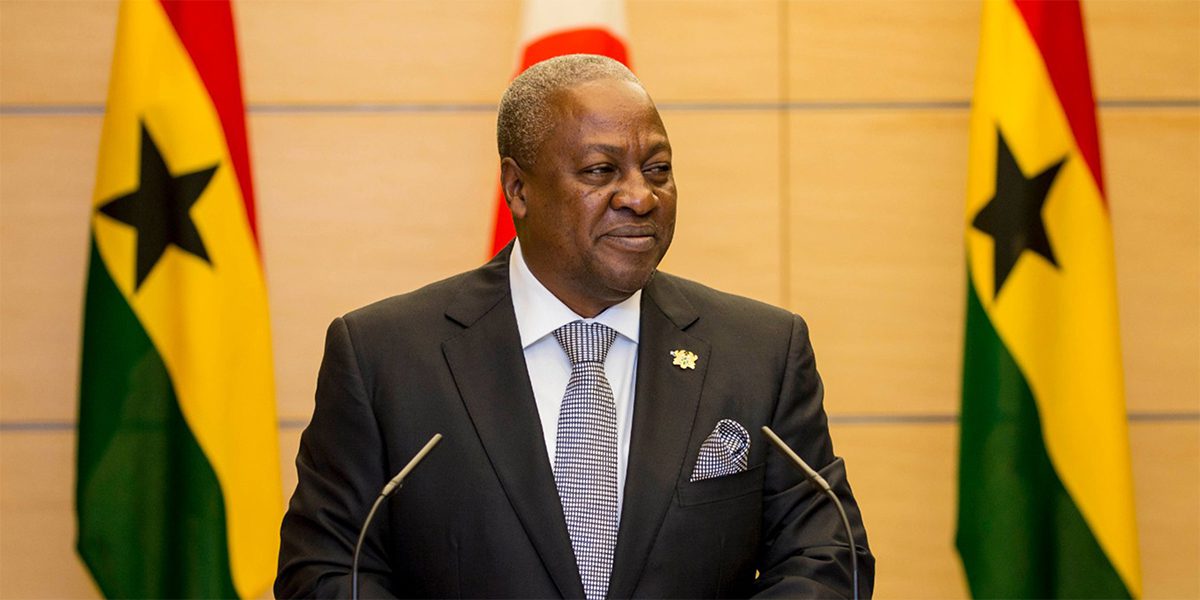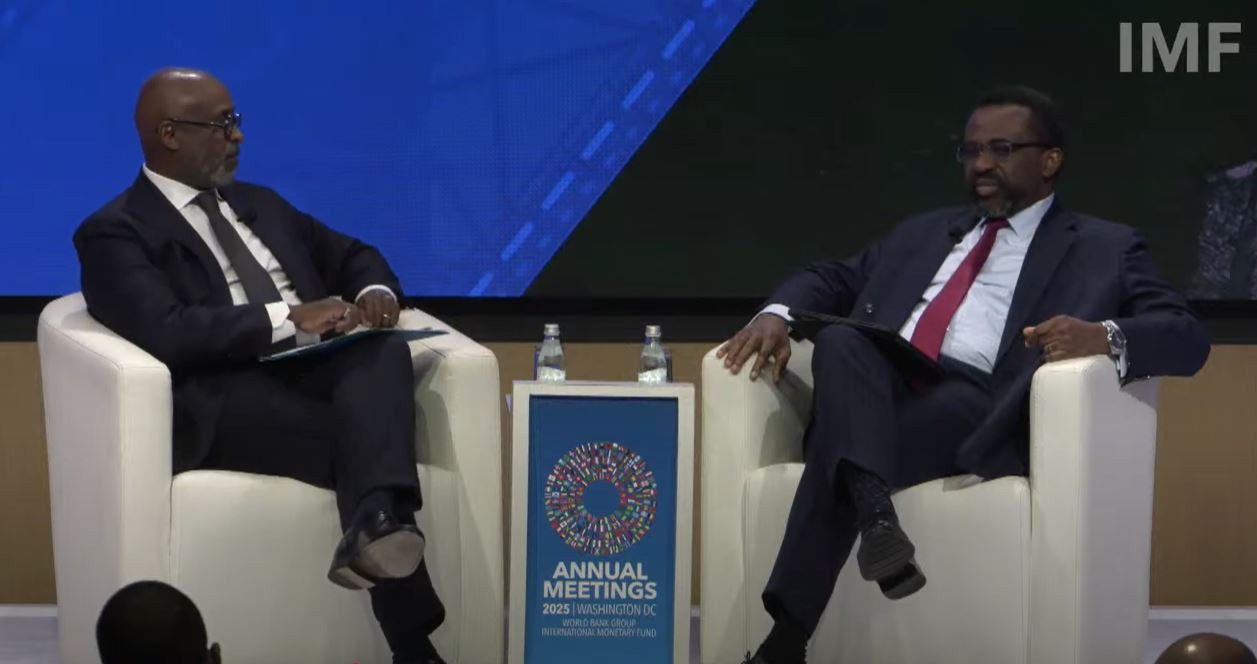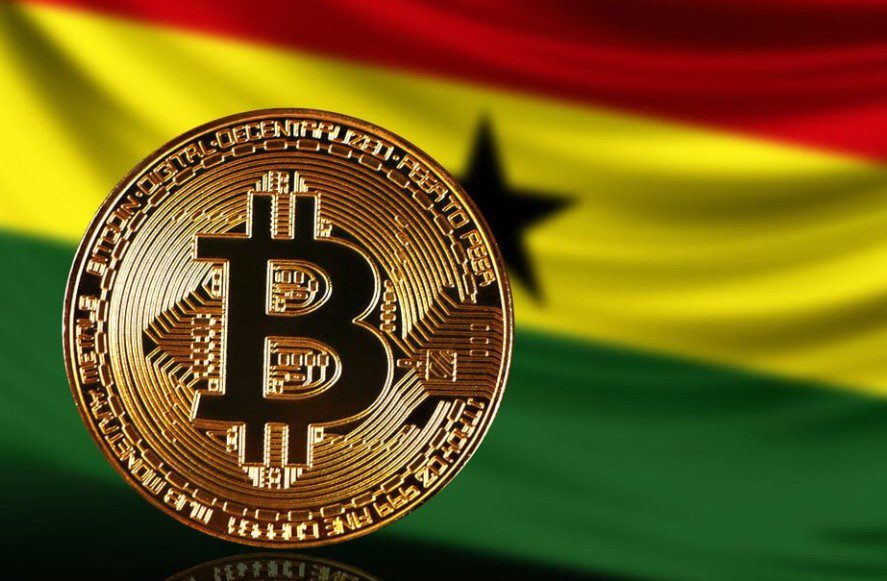Ghana Takes a Bold Step: Crypto Assets to Be Legalized and Regulated by December 2025!

Ghana is rapidly advancing towards the formal legalization and regulation of cryptocurrencies, aiming to establish a comprehensive framework by the end of 2025. This marks a significant shift from its previously cautious stance and brings the nation in line with other African countries actively shaping crypto governance.
During the International Monetary Fund’s annual conference in Washington, Johnson Asiama, Governor of the Bank of Ghana (BoG), revealed that a legislative draft is currently being prepared for parliamentary review, with the goal of implementing a legal and regulatory structure for digital assets by December 2025.
Governor Asiama highlighted that extensive groundwork has been completed over the past four months to develop a regulatory framework, signaling Ghana’s readiness to formalize oversight of the cryptocurrency sector.
This announcement follows closely on the heels of Kenya’s recent parliamentary approval of its Virtual Asset Service Providers (VASP) Bill, intensifying the impetus for Ghana to expedite its regulatory process.
Ghana’s Crypto Evolution: From Wariness to Regulation
Historically, Ghana approached cryptocurrencies with skepticism, cautioning its citizens that digital currencies were not recognized as legal tender and advising against speculative trading.
The Securities and Exchange Commission (SEC) issued warnings clarifying that major cryptocurrencies like Bitcoin, Ethereum, and XRP were neither acknowledged nor regulated under Ghanaian law.
Simultaneously, the Bank of Ghana maintained that virtual currencies fell outside its regulatory scope and payment systems.
However, growing adoption rates, increasing transaction volumes, and regulatory trends across the continent have prompted Ghanaian authorities to reconsider their position.

In July 2025, Governor Asiama confirmed the BoG’s intention to license crypto enterprises and integrate them into the formal financial ecosystem. Earlier, in 2024, the BoG released draft regulations for virtual asset service providers, invited public commentary, and announced plans to establish a specialized digital assets division.
While initial reports hinted at a possible regulatory rollout as early as September 2025, Asiama clarified at the IMF meeting that the official target for comprehensive legal implementation is now December 2025.
He also stressed that beyond legislation, building institutional capacity to monitor crypto transactions, attract skilled professionals, and create a dedicated oversight unit within the BoG is crucial.
The urgency stems from the widespread use of cryptocurrencies in Ghana, with estimates indicating over 3 million active users-representing approximately 8 to 17 percent of the adult population-engaged in trading or holding digital assets.
Transaction volumes between July 2023 and June 2024 reportedly surpassed $3 billion. Asiama acknowledged that many payments and remittances currently occur via crypto, circumventing traditional banking channels and complicating monetary policy enforcement.
Through regulation, Ghana aims to channel these transactions into the formal financial system, enhance transparency, and reduce risks such as fraud, money laundering, and systemic vulnerabilities.
Crypto Regulation Trends Across Africa
Ghana’s policy transformation is part of a broader continental movement toward crypto regulation.
In East Africa, Kenya recently enacted its VASP Bill, assigning regulatory responsibilities for crypto exchanges, wallets, and token issuers to established authorities. Under Kenya’s framework, the Central Bank oversees stablecoins and overall virtual asset licensing, while the Capital Markets Authority supervises trading platforms.


Nigeria has adopted a multi-agency regulatory model. Earlier this year, it enacted the Investments and Securities Act, classifying digital assets as securities under the Securities and Exchange Commission’s jurisdiction, while the central bank retains control over payment systems.
South Africa remains a regional leader with a mature regulatory framework. The Financial Sector Conduct Authority (FSCA) has authorized numerous crypto businesses, setting a standard for balancing innovation with regulatory oversight.
In West Africa, countries like Sierra Leone, Senegal, and Côte d’Ivoire are observing developments closely. Some have initiated consultations or proposed regulations, but none have committed to a definitive legal framework as decisively as Ghana.
Ghana’s forthcoming crypto legislation could serve as a catalyst for regulatory alignment within ECOWAS and Anglophone West Africa, where inconsistent rules have hindered cross-border fintech expansion.
Implications and What Lies Ahead
Ghana’s move signals a recognition that cryptocurrencies are becoming an integral component of its financial landscape.
The anticipated Virtual Asset Providers Act will empower the BoG to license and supervise exchanges, wallets, token issuers, and other crypto-related entities, with the SEC expected to provide complementary regulatory oversight.


However, enacting legislation is only the initial phase. Ghana must develop the necessary institutional expertise, recruit skilled personnel, establish enforcement protocols, and ensure alignment with international standards.
Governor Asiama emphasized that cultivating human capital and implementing robust monitoring systems are vital for success. Additionally, securing cooperation from exchanges, fintech companies, and users will be essential.
If executed effectively, Ghana could attract greater confidence from crypto enterprises, boost foreign investment, enhance oversight of remittance channels, and reduce financial risks. Conversely, inadequate enforcement could lead to fraud, regulatory loopholes, and reputational harm.
Currently, attention is focused on Ghana’s parliament and the legislative process ahead. Should the draft bill pass and become law by December 2025, Ghana will transition from a cautious observer to a prominent regulatory force in Africa’s cryptocurrency ecosystem.








Leave a Reply